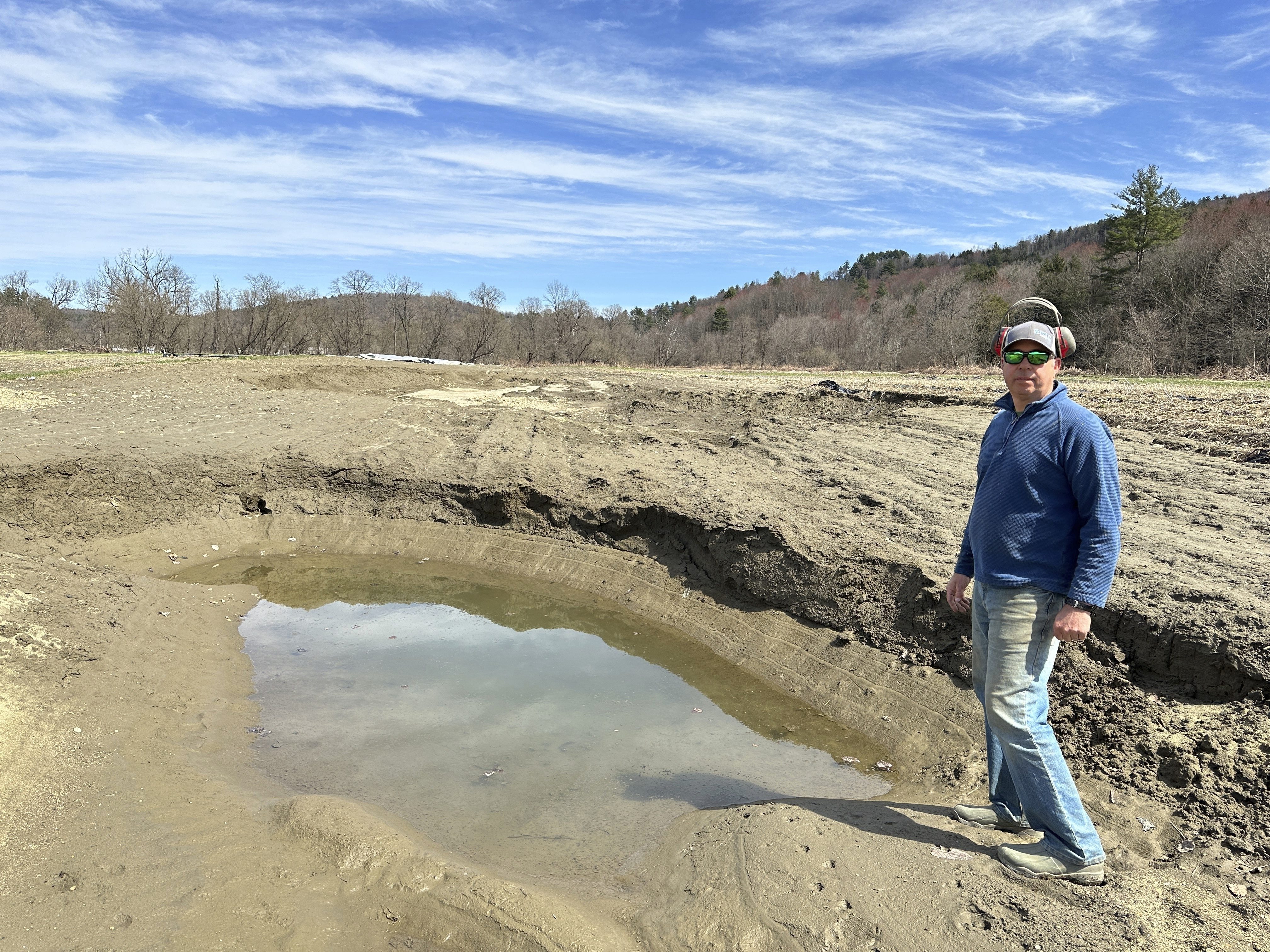A coalition of Vermont law enforcement leaders launched a statewide effort Monday aimed at reducing domestic and sexual violence, and associated crimes such as stalking. The work of Stop the Violence VT will emphasize public education, police training, and cross-agency policy-setting, explained Chief Mike Schirling of the Burlington Police Department, one of the coalition's members.
"It's not about arresting your way out of the problem. How do we prevent things from happening by changing the culture?" Schirling asked a room full of law enforcement leaders at Monday's launch.
The issue demands attention, police agencies said, because of the seriousness of the problem in Vermont, a state that has a generally low violent crime rate overall. In 2013, 8 of Vermont's 13 homicides were domestic violence-related, they said. In 2012, just shy of 40 percent of Vermont's 3,708 instances of violent crimes involved violence against family members or intimate partners.
The coalition will build on existing strong relationships between law enforcement, victim advocates and non-profits, Schirling said. He outlined the three primary directions they will all work together over the next several months:
Public education: Stop the Violence will emphasize reaching teens and young adults, especially but not exclusively young men and boys, to discuss positive behavior and appropriate attitudes. The education will talk regularly with young people about how to be respectful and what a healthy relationship means. Other education efforts will stress ensuring survivors of domestic and sexual violence know about their options for reporting crimes, and will strive for a zero-tolerance policy for domestic and sexual violence.
More training: Police agencies, advocates, prosecutors, and others will emphasize support for survivors through advanced training classes. One fresh technique that will be more widely deployed in 2015 is a "lethality assessment," which will aid investigators in determining how great of a threat the risk of serious injury or death is in households where those officers are responding to calls for help.
Consistent policies: Police departments state-wide want to stay current and maintain high quality responses. To achieve that goal, the coalition will share what it learns through ongoing training with law enforcement agencies across Vermont.
The coalition was formed following a June conference, during which the International Association of Chiefs of Police supported an institute in Burlington on violence against women. That institute was attended by 23 law enforcement officials from communities throughout Vermont, the IACP said.
Police expect their renewed focus on domestic violence will mean an uptick in reports.
"If we're successful, we will see the numbers go up for a period of a year or two," Schirling said. "Then, hopefully we'll see them taper off and decline a little bit."
Vermont
The latest news from around the state
Coalition members stressed that the program was in the works well before the NFL's problems with domestic violence investigations targeting players, and league responses to those cases that many Americans criticized for being weak. Still, the attention and messaging those cases involving pro athletes brought to the larger issue was helpful in continuing conversations, Schirling said.
Advocates praised the focus the new coalition will pay to the complex issues of domestic and sexual violence. "Although we've been doing a pretty good job in this state, there's a lot more than we could be doing," said Sarah Kenney of the Vermont Network Against Domestic and Sexual Violence. "And having [law enforcement] leaders in the community really put this on the forefront—especially with the public education work—it’s going to have an impact long-term."
"I hope more people talk about these issues," said Kim Fountain, the executive director of the Pride Center of Vermont, which houses programs that advocate for safe relationships for LGBTQ Vermonters. "And I hope they actually call our domestic violence organizations and sexual violence organizations and say, 'How can I help? How can I help fund you, how can I donate to you? How can I volunteer with you, how can I bring your message to the places where I work?'"
Police officers across Vermont will wear pins displaying a purple ribbon, at least through October's domestic violence awareness month, to spread the word about the new coalition.
For more information on the new effort, visit StopTheViolenceVT.com.
If you are in immediate danger, the Vermont Network Against Domestic and Sexual Violence urges you to call 911. If you are experiencing domestic violence in Vermont, the Network urges you to call the statewide domestic violence hotline at 800-228-7395. If you are a survivor of sexual violence, the Network points you to the number 800-489-7273 to receive support.



